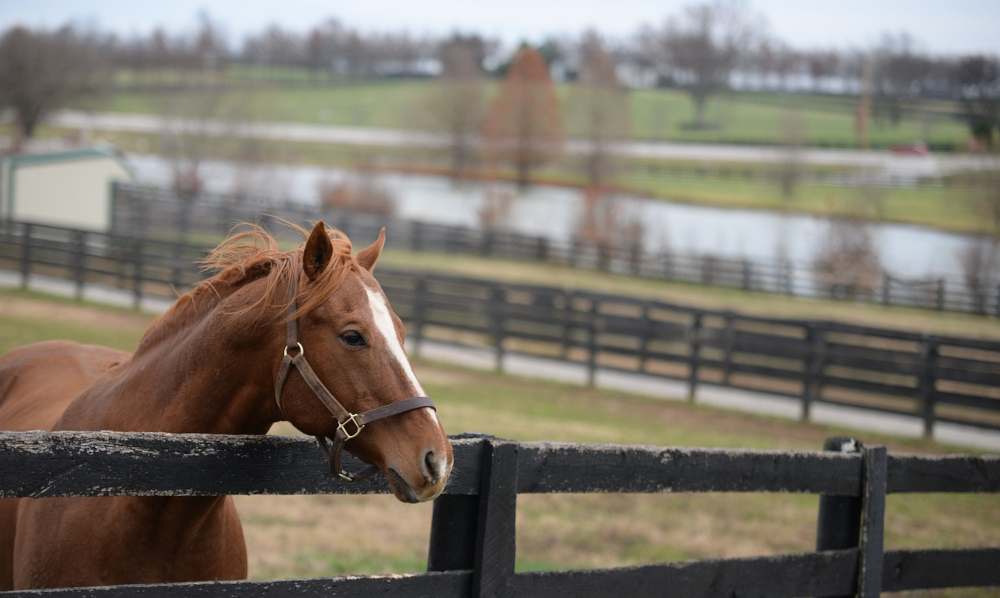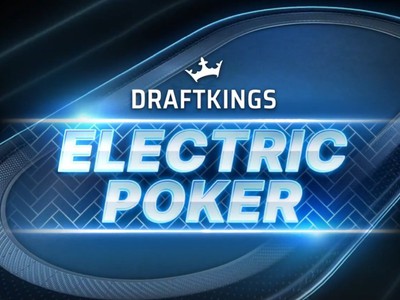A pair of gaming bills in Kentucky — one that would legalize online poker and sports betting in KY, and another that would fund problem gambling efforts — passed the state’s House of Representatives and have since been referred to the Senate.
Time is running out to pass both bills. The Kentucky General Assembly adjourns sine die on April 14.
Including Wednesday, March 23, the legislature has seven regular session days in which to act. Two of those days — March 29 and March 30 — are designated as concurrence days to give lawmakers in the House and Senate a chance to work out differences between bills that have passed both chambers, but final action on other bills can also be taken. A 10-day period where lawmakers can try to override any vetoes by the governor begins March 31 and ends April 12.
Kentucky Governor Andy Beshear, a Democrat, could call a special session, if necessary. Special sessions have no time limit but are usually short.
Both chambers of the legislature are dominated by Republicans. Still, both gaming bills enjoyed bipartisan support. Beshear also reportedly favors gaming and is likely to sign both bills, should they reach his desk.
Kentucky Online Poker Bill Advances to Senate
The first bill — HB 606, introduced by Rep. Adam Koenig (R-Erlanger) — would allow legal online poker and sports betting in Kentucky. In its current form, the bill calls for poker operators to pay an initial licensing fee of $250,000. Annual renewals would cost $10,000. A gaming fee of 6.75% of net poker revenue would be paid monthly.
HB 606 would also allow seven horse racetracks in the state to offer online sports betting. The current bill would allow each track to have one skin, but they could also open up to two retail sportsbooks within a 60-mile radius of the track. The retail sportsbooks could not be adjacent to the host track and any retail facilities within the 60-mile zone of another track would need written approval from the affected track.
The 60-mile radius requirement appears to be a concession to the state’s powerful horse racing industry, but it would create several large areas of overlapping territory — especially in the more urban areas of north-central Kentucky.
Sportsbook operators would pay an initial licensing fee of $500,000. Annual fees would be $50,000 and operators would pay a tax rate of 9.75% on adjusted gross revenue from retail wagers.
An amendment to have operators pay a 14.25% tax rate on adjusted gross revenue from mobile and online wagers was agreed to by House lawmakers. A separate amendment to limit customer losses for fantasy sports contests, online poker, and sports wagering to $1,000 within a 24-hour period was rejected.
HB 606 passed the House by a 58-30 vote on March 18, with 21 Democrats joining 37 Republicans to pass the measure. GOP members cast all 30 nay votes. HB 606 was received by the Senate on Monday and referred to the Senate Committee on Committees.
- $150 in free funds
- Great tournament schedule
- Excellent player traffic
Adjusted Kentucky Problem Gambling Bill Also Advances
Meanwhile, the second bill under consideration — HB 609, introduced by Koenig and Rep. Al Gentry (D-Louisville) — calls for the creation of a five-member Kentucky Problem Gambling Assistance Board. The board would administer $50 million in funding for the state’s Problem Gambling Assistance Fund.
The bill originally called for $225 million to go to the fund, but lawmakers agreed to an amendment by Rep. James Tipton (R-Taylorsville) to reduce the amount to $50 million.
“We have many needs in Kentucky,” Tipton told US Gaming Review on Tuesday. “Based on the information presented by the sponsor to me, $50 million should fund the program for 10 to 15 years. In the meantime, the $175 million will stay in our general fund to be appropriated in other areas that will benefit our citizens.”
The money came from a $300 million settlement that Flutter, the parent of PokerStars, agreed to pay last year in order to settle an 11-year dispute over online gambling that took place in the state from 2006 to 2011.
House lawmakers passed HB 609 by an 81-14 vote on March 21. Twenty-three Democrats voted alongside 58 Republicans to pass the bill. All 14 no votes were cast by Republicans. HB 609 was also subsequently referred to the Senate Committee on Committees.
Republicans hold a 30-8 advantage in the state Senate.










